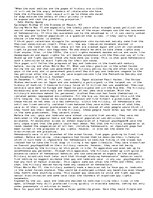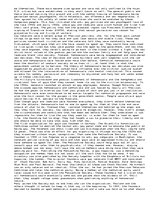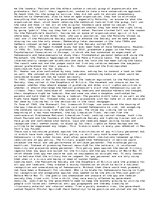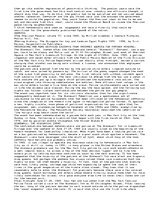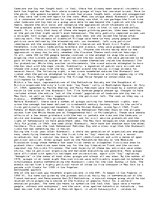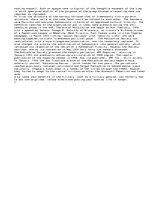-
The Struggle for Acceptance, Homosexuality
MATTACHINE SOCIETY
One of the earliest gay movement organizations in the USA. It began in Los Angeles in 1950-51. Its name was given by the pioneer activist Harry Hay in commemoration of the French medieval and Renaissance SociJtJ Mattachine, a musical masque group which he had studied while preparing a course on the history of popular music for a workers' education project. The name was meant to symbolize the fact that 'gays were a masked people, unknown and anonymous', and the word, also spelled matachin or matachine , has been derived from the Arabic of Moorish Spain, in which mutawajjihin , relates to masking oneself. Such an opaque name is typical of the homophile movement of the time in which open proclamation of the purposes of the group through a revealing name was regarded as imprudent.
At first the structure of the society followed that of freemasonry with a pyramid structure, where cells at the same level would be unknown to each other. The founders were Marxists and analyzed homosexuals in terms of an oppressed cultural minority. The communist leanings of the organization put it under some pressure during the anti-Communist phase in the USA. The era of McCarthyism had begun on 9th. February, 1950 with a speech by Senator Joseph R. McCarthy of Wisconsin, at Lincoln's Birthday dinner of a Republican League in Wheeling, West Virginia. Paul Coates wrote in a Los Angeles newspaper in March 1953 linking 'sexual deviates' with 'security risks' who were banding together to wield 'tremendous political power'. The Mattachine Society was restructured, with a more transparent organization, and its leadership replaced. It also changed its aims to the assimilation of homosexuals into general society, which reflected its rejection of the notion of a homosexual minority. However the Society declined, and at its convention in May 1954 only forty-two members attended.
…

